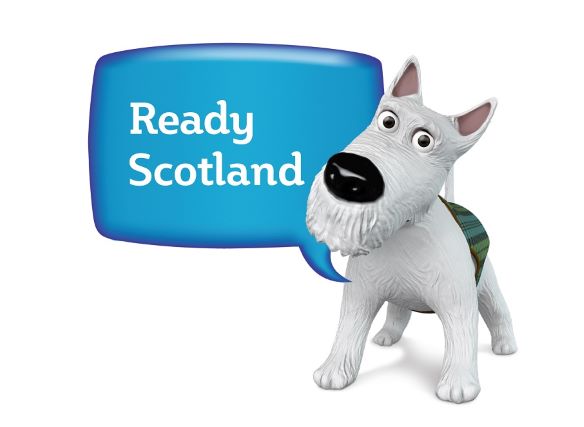Emergencies Happen - How Would Your Community Cope?

A Blog from Kerry Jardine, Resilient Communities, Scottish Government
When you think about emergencies affecting you and your community what comes to mind?
How would people in your community come together to help each other, work with the emergency services and voluntary organisations and how would your community cope with recovering from a serious event?
Communities all over Scotland have experienced emergencies and severe challenges including severe winter (and occasionally summer) weather, flooding, travel disruption, fuel shortages, animal diseases, and health challenges like norovirus outbreaks and even pandemic flu. Challenges like these affect us all in going about our daily lives, and every community has a different reason for wanting to plan to get through them.
The good news is that when communities organise themselves by making sensible preparations and using the skills and knowledge that the community has it can make a really positive difference to how the community copes, and recovers, from challenging times. This could be through a community council, a local school parent group, a student association, a faith group, or any other community-based group of people who are committed to supporting others. There are also many voluntary sector organisations – like mountain rescue teams, the British Red Cross and St Andrews First Aid to name just a few, that train and prepare volunteers to join teams working shoulder-to-shoulder with Scotland’s emergency responder agencies.
Household preparations, like knowing where to quickly lay hands on a few essentials, having a winter-emergency kit in your car, or knowing what to do if it looks like your home might be flooded can make a big difference too. And of course, the more people can look after themselves in an emergency, the more the emergency services can concentrate on the most urgent situations.
Earlier this month people from community groups, local authorities, emergency services, and voluntary organisations came together at the Scottish Resilient Communities Conference to meet, discuss and share experience about developing, supporting and sustaining resilient communities in Scotland. Attendees heard from Professor Robert Bach, a world expert on resilient communities, about the vital role that communities play in responding to emergencies and recovering together and of the importance of building relationships and trust between communities and the organisations involved in responding to and recovering from emergencies.